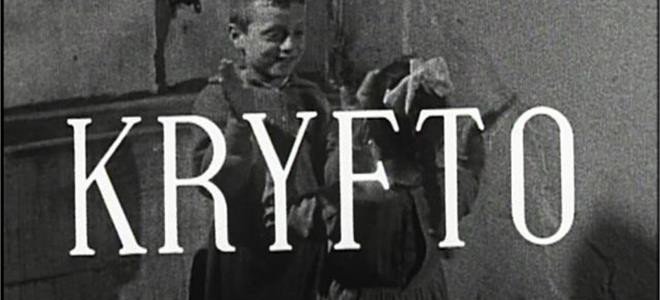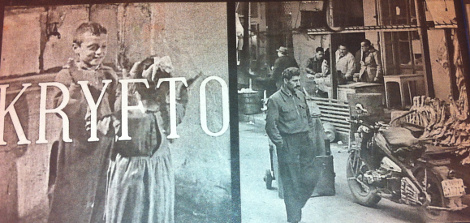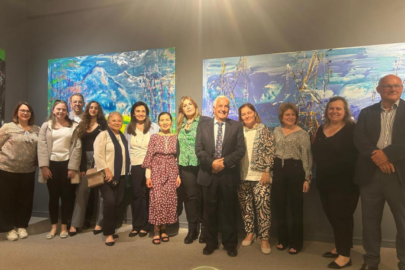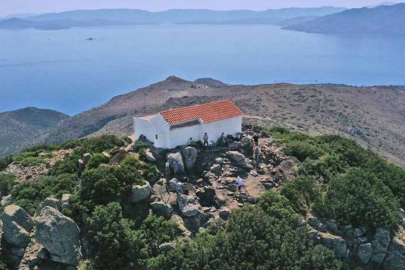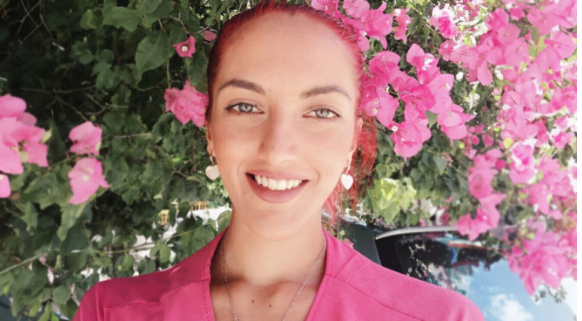Greece who is trying to reestablish and reconstruct itself on the wreckage of World War II and the Greek civil war has been recorded by the -so far unknown- historical documentary “Kryfto” (“Hide and Seek”) which was found in 2007 in UN records and which will be shown on the 30th of October at 20:00 in the State Archives as a tribute to the World Culture Heritage Day.
At the UN headquarters in New York, members of the National Audiovisual Archive who travelled there to record anything relating to the history of the Hellenes, discovered the short documentary for the rebuilding of Athens in the middle of the 50s along with two more issues on refugees.
“In 1955, a UN film crew shot in Athens in order to depict the ongoing Marshall plan reconstruction of the Greek capital after the war”.
The 18 minute long documentary is a realistic cinematographic depiction of Athenian neighborhoods in the 50s during the years of reconstruction and tough daily life.
The camera follows a man (it is yet unknown if he is a refugees or an internal migrant, but we know he has a family) who seeks employment in Varvakeios market and in Plaka, Monastiraki, Thiseion, Petralonia, Kerameikos and Kolokynthou.
The film crew travels in the city center and the western areas of Athens after the war, where it films members of refugee families who are piled on temporary houses in Kolokynthou and who are fighting to combat extreme poverty. The camera records the attempts of those people to take advantage of two basic ways out of their predicament: employment in construction and provisions given by international help towards vulnerable groups, such as children and the elderly.
The documentary depicts another testimony, in English, without subtitles. It shows how members of foreign missions evaluated the progress of Greek society.
“Kryfto” is a part of the refugee section of the film. The other two parts are “Island Exile” and “Trois des nos Enfants” (“Three of our children”).

